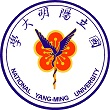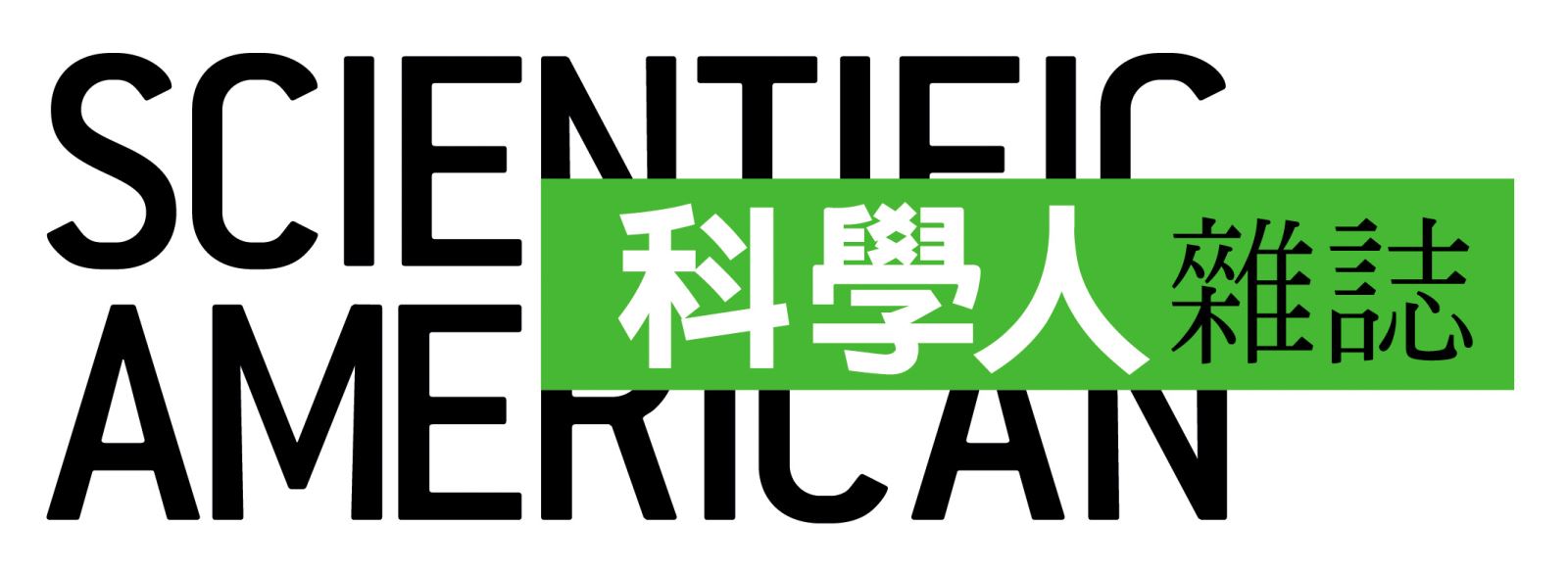Introduction
This part aims to simulate the circuit of Attachment part, which can help shorten the distance of helper E. coli and S. mutans.
The circuit is constructed by the following parts, constitutive promoter + rbs + INPNC (k523013) + C16 + terminator (B0015). The detailed mechanism is introduced on Cleanse-Attachment.
In this part, we fit the parameter in the system with the experimental data from our wet lab. The amount of protein expression is transferred from the florescence [1].
System
Result
Reference
- H. A. Richards, Quantitative GFP fluorescence as an indicator of recombinant protein synthesis in transgenic plants. Plant Cell Rep (2003) 22:117–121
 "
"




















